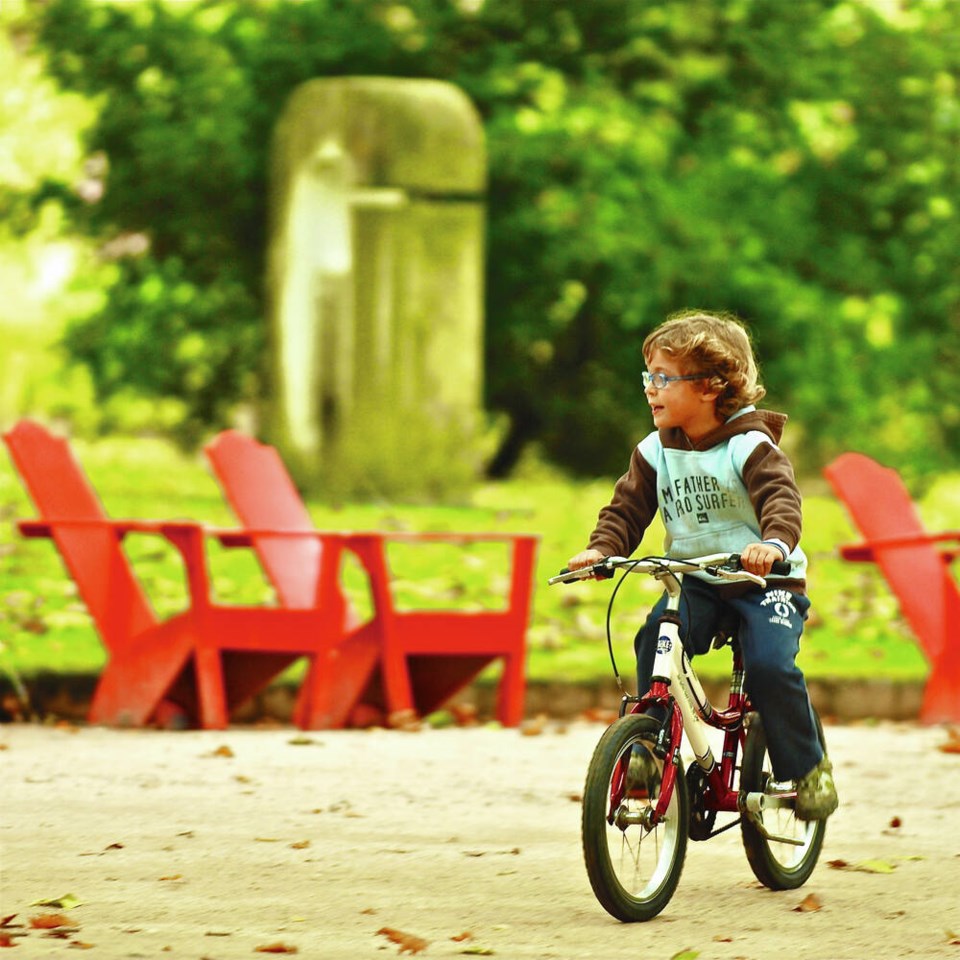The announcement in Ontario this week that parents need to be informed and “fully involved” when children change their pronouns at school has caused quite a debate.
Saskatchewan and New Brunswick have adopted their own policies requiring parental involvement.
As a parent, I can completely understand where these policies come from. I understand parents wanting to be privy to information about their child’s life at school. It’s human nature for parents to want to know everything their child is doing.
I know parents who would adamantly oppose their child changing pronouns, and others who would support it.
Wearing my “mom-of-a-13-year-old-hat,” I would make space for my kid to explore.
I may not fully understand the entire culture of pronouns and gender identity, but at the end of the day, there are other things I am far more concerned about.
I have always parented with the understanding my daughter is her own person. I do not own her.
She may make choices and have interests that are not my cup of tea, but as her parent, I am here to help guide her into adulthood, not to create a person with an image and opinions the same as mine.
Parental involvement in a child changing their pronouns can range from a parent not wanting their child to ever change pronouns to a parent wanting full access, and viewing a pronoun change without their knowledge as lying or deception.
Being a youth is hard and confusing. We need to allow our children the space to explore who they are. If they feel the need to change pronouns either permanently or just to see how it feels, they should have that space, even if it’s uncomfortable for their parents.
When I was growing up, “that’s gay” was a common phrase — people used it in response to something that was not good, not cool, or something they disliked.
Not many students in my schools came out. Just because people weren’t “out” doesn’t meant they weren’t internally experimenting with pronouns and identity.
Times are different now, and the younger generation is more open to making space for peers going through that kind of experimentation.
I have had friends who said they would struggle if their child was gay or trans. If one of those friends learned their child had different pronouns at school, I know they would be upset.
I’m not saying that parents aren’t entitled to those feelings — they are. As parents, we have to do many things that challenge us.
Nearly 20 years ago, the “It Gets Better” campaign was launched, and I watched many videos of people sharing their coming-out stories and their fears about how others would react.
It was then that I decided that if I ever had children, they would never have to worry about “coming out” to me.
I believe “coming out” is a personal choice and not something anyone should ever force upon someone or feel entitled to know.
If my daughter was gay or trans and had chosen a select group of people to share that with, one that didn’t include me, I know I would feel hurt. But no matter how difficult it was, I would have to accept that it’s her story, her identity, and it’s not for me to extract from her.
When my daughter was in elementary school, a new student from France joined her class. I was chatting with the student’s parents at a school function, and they explained how strange it was for them to see Canadian parents’ involvement at school.
They said in France, parents never set foot in the schools, and there is very minimal communication between parents and teachers. They explained that school is seen as the child’s world, where they learn to navigate relationships, challenges and community without their parents’ help.
I was a latchkey kid, and in my generation, children were free to explore the streets by bicycle, climb tall trees and get into mischief and other adventures their parents never knew about.
In the 1980s, that was our “child’s world,” where we could learn to navigate relationships, challenges and community without our parents’ help.
I understand how parents might want to know everything about their child in school, but ultimately, I think we have to provide space for our children to grow and develop into the adults they want to be.
For some youth, that may include trying out “he/him,” “she/her” or “they/them” pronouns.
>>> To comment on this article, write a letter to the editor: [email protected]



